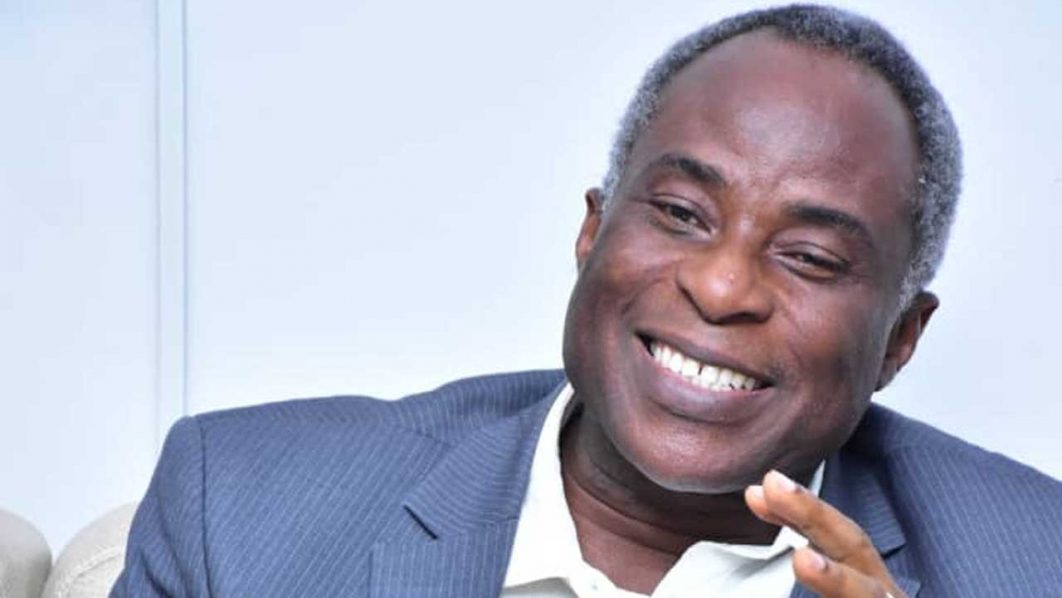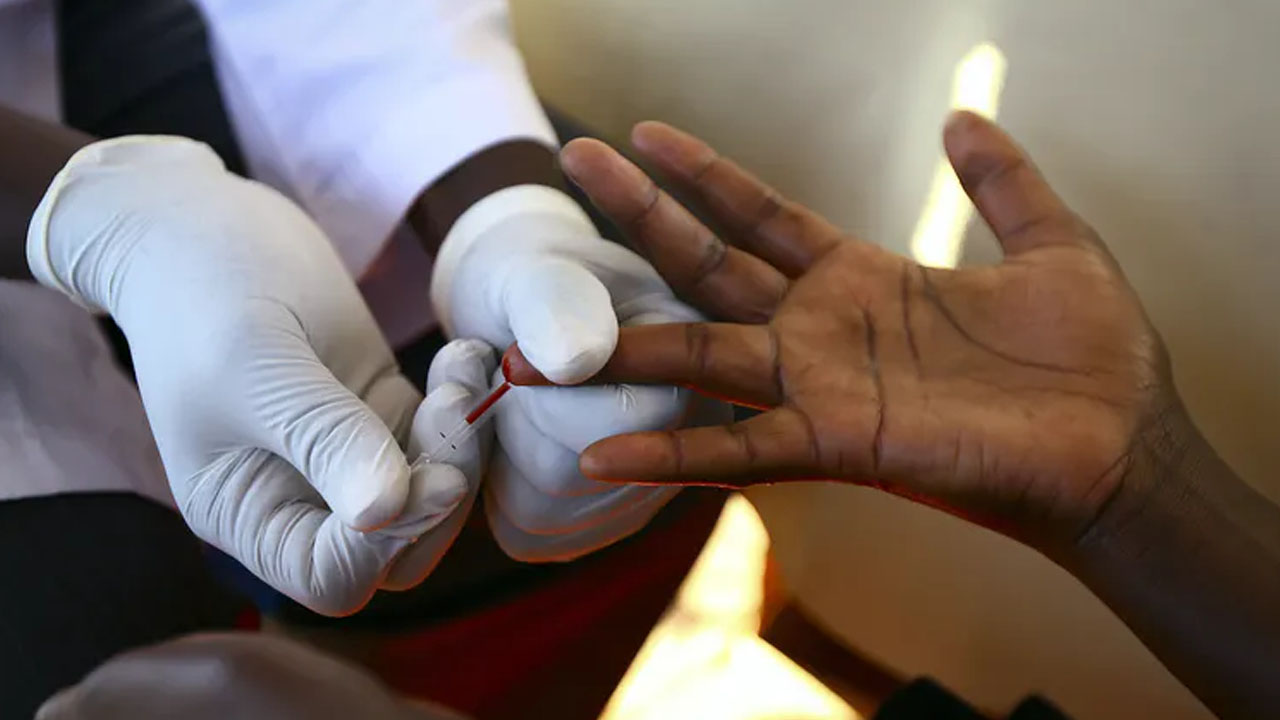
The Chief Medical Director (CMD) of University College Hospital Ibadan (UCH), Ibadan, Prof Jesse Otegbayo has appealed to the Federal Government to improve health workers’ welfare, provide security, and a conducive environment.
Otegbayo, who spoke to The Guardian on ways to prevent the current brain drain in the health sector popularly called ‘japa’, lamented the shortage of manpower in the facility, ‘’Between 2020 and 2023, over 600 members of our staff have exited the system. We have had to refill, but some of them have also left.”
He said: “For doctors, I’ve been given the figure of 22. But it’s certainly much more than that. Virtually every other day, we get letters of resignation. Some also go on voluntary retirement because they want to travel out of the country to complete their training.
“UCH is a training institution for doctors, nurses, physiotherapists. Some of our resident doctors, before they finish, have already written their resignation letters. I know the Federal Government is working assiduously to correct that.’’
According to him, some of the reasons are insecurity and non-availability of social services in the country. “An average graduate would like to live a comfortable life with good roads, water supply, social amenities and other things that bring joy. Some of these things are lacking in many places.
“Again, there is the issue of job satisfaction at the workplace. Job satisfaction is not about the salary, but the environment where the health workers work. When doctors work in places where all the facilities needed to do their work are available, it gives them joy. But if the doctor has the skill, but the equipment is not available, it brings frustration.”
Otegbayo stated that the energy problem is the most difficult challenge for the hospital. “Without a regular power supply, most of the services can’t be rendered effectively. In modern medicine, virtually all equipment is powered by electricity. Even the ones with rechargeable batteries, we have to charge them with electricity at some point in time.
“Imagine a situation where one doesn’t have power in the laboratories. This means one can’t bring out the results of patients as and when due. In the Radiology Department, you can’t carry out critical investigations, in the Intensive Care Unit, and you can’t manage patients who are on life support. If we can get the power issue right, our productivity will astronomically increase.’’
While calling for proper hygiene and sanitation to prevent more outbreaks of cholera and monkeypox, the professor of medicine punctured the conspiracy concerning the spread of the diseases.
“Cholera, as we know it, is a disease that comes with poor hygiene. How many households have potable water in any of our villages or even in cities? In terms of personal and communal hygiene, we can’t score ourselves high. You see gutters filled with dirt, providing breeding space for mosquitoes.
“In some abattoirs where they slaughter animals for consumption, you see a dirty environment and flies all over the meat. Even in the market, you see people selling rotten tomatoes, and peppers that people consume. Unfortunately, nobody regulates these things.’’
He said a tropical environment gives a conducive environment for organisms to multiply fast, adding, “In temperate countries, organisms can’t multiply as much as possible. That’s why we have public health issues in tropical Africa,” Otegbayo added.






